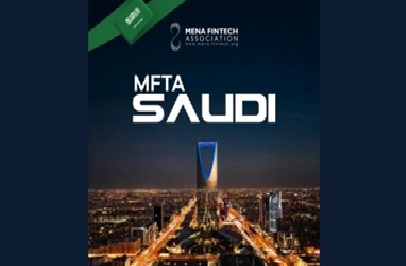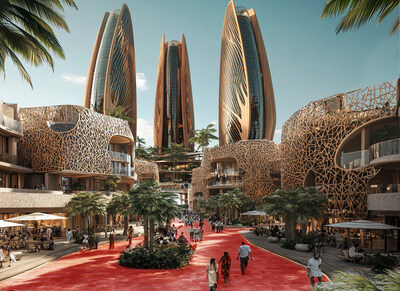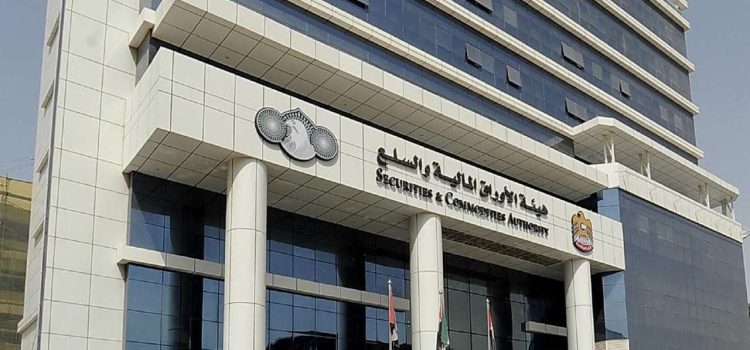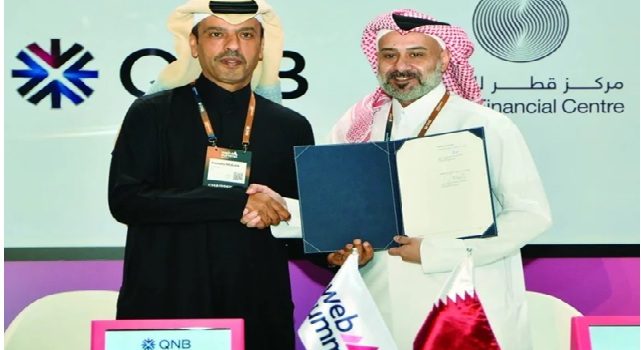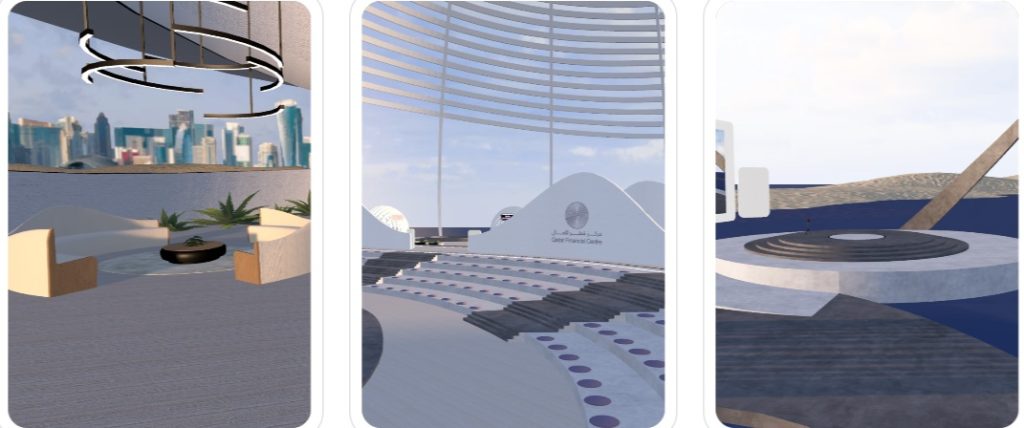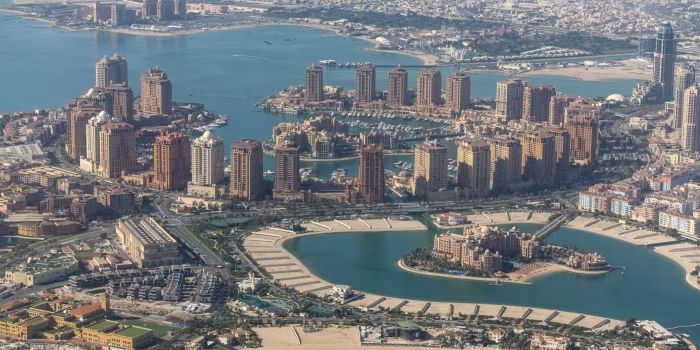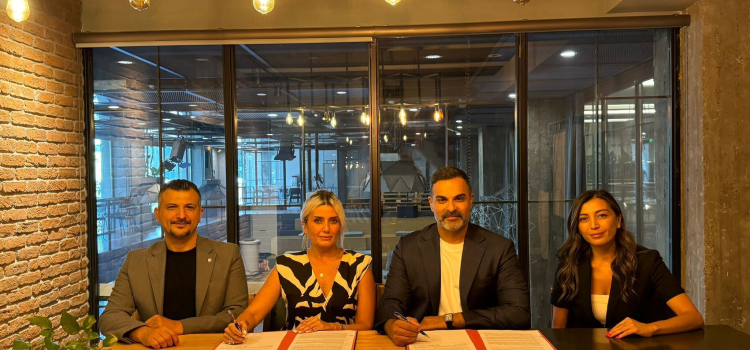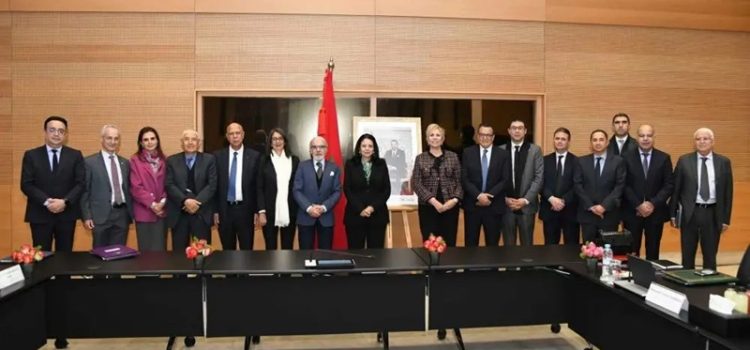The Maldives Government and UAE based MBS Global Investments, the investment arm of the Private Office of Sheikh Nayef Bin Eid Al Thani, have agreed to build a financial freezone in Maldives with an investment of $8.8bn. Dubbed the Maldives International Financial Centre (MIFC), the center will be designed for and created to attract global financial institutions, fintech pioneers, and global digital Nomads with support for digital assets.
As per the press release, The MIFC free zone will offer no corporate tax, tax-free inheritance, ownership as per the constitution of the Maldives, and privacy. Combined with no residency requirements, it’s set to attract digital nomads, entrepreneurs, and wealth creators seeking freedom without borders. Residents will benefit from multi-currency banking and access to offshore private banking. Future-ready regulations will support digital assets, and green finance – making MIFC not just a financial hub, but a destination for those investing in the legacy of future generations.
Due to be completed by 2030, it will be easily accessible from any part of the world and the aim is to notably increase the country’s GDP within four years with projected revenue to be well over US $1bn by the fifth year.
The centrepiece of MIFC is a state-of-the-art conference centre with capacity for 3,500 people. The multi-purpose convention venue will host leading global conferences, cultural events and innovation-driven hackathons establishing Male as leading assembly hub, driving all year round engagement in the Maldives and further supporting the wider, already established hospitality industry
The plan includes three iconic residential and office towers designed for international HQs and regional offices, high-end, sea front branded residences, world-renowned hotel brands, vibrant and one-of-a-kind retail experience, Oceanographic Museum, Mosque, and leading education facilities including an International School.
President Dr Mohamed Muizzu said, “With the MIFC, we are shaping the Maldives of tomorrow, a beacon of innovation and national pride that will thrive in harmony with nature. The financial centre will be a symbol of economic resilience and will set a new global benchmark that will massively benefit the people of the Maldives for generations to come.”
Minister of Finance for the Maldives said, “This is a momentous project. It offers a great opportunity to diversify our economy beyond tourism in line with our ambitions and will attract the best businesses and visionary entrepreneurs in the world.”
Nadeem Hussain, CEO of MBS Global Investments said, “The financial centre will set a new global benchmark, advancing financial innovation by at least two decades. It is the next evolution of what has been happening in other financial centres around the globe.”
This dynamic mixed-use development has been designed by master planner Architect Gianni Ranaulo, every structure from the overarching master plan to the individual buildings are inspired by the local fauna and marine eco-system. Ranaulo incorporates environmentally conscious practices in all projects. The total size of the development is 780,000 sqm where more than 6,500 people can reside, and an expected daily footfall of 35,000.
While the press release itself does not mention blockchain or crypto hub, a report from the Financial Times, noted that the agreement, which was signed on May 4, was done in the hopes of moving the Maldives away from reliance on tourism and fisheries by attracting foreign direct investment into blockchain and Web3 technologies.
MBS has previously investment in Blockchain entities
MBS Global Investments, through one of its portfolio entities UAE Varys Capital had previously invested in Movement Labs, an L2 Blockchain platform.
At the time, MBS Global Investments had noted on LinkedIn, “MBS Global Investments proudly congratulates our partner, Varys Capital on their successful pre-seed investment in Movement Labs (MOVE), a pioneering project that has just achieved a major milestone. The recent Token Generation Event (TGE) for MOVE was a resounding success, with the token reaching an extraordinary fully diluted valuation surpassing $6 billion. This remarkable achievement has already captured the attention of the global crypto community, with MOVE being listed on all major exchanges, including Binance.”
MBS also noted that they would continue to support this venture. They stated, “We are excited to continue supporting this transformative venture and looks forward to the significant impact MOVE will have on the future of decentralized finance and blockchain technology.”









